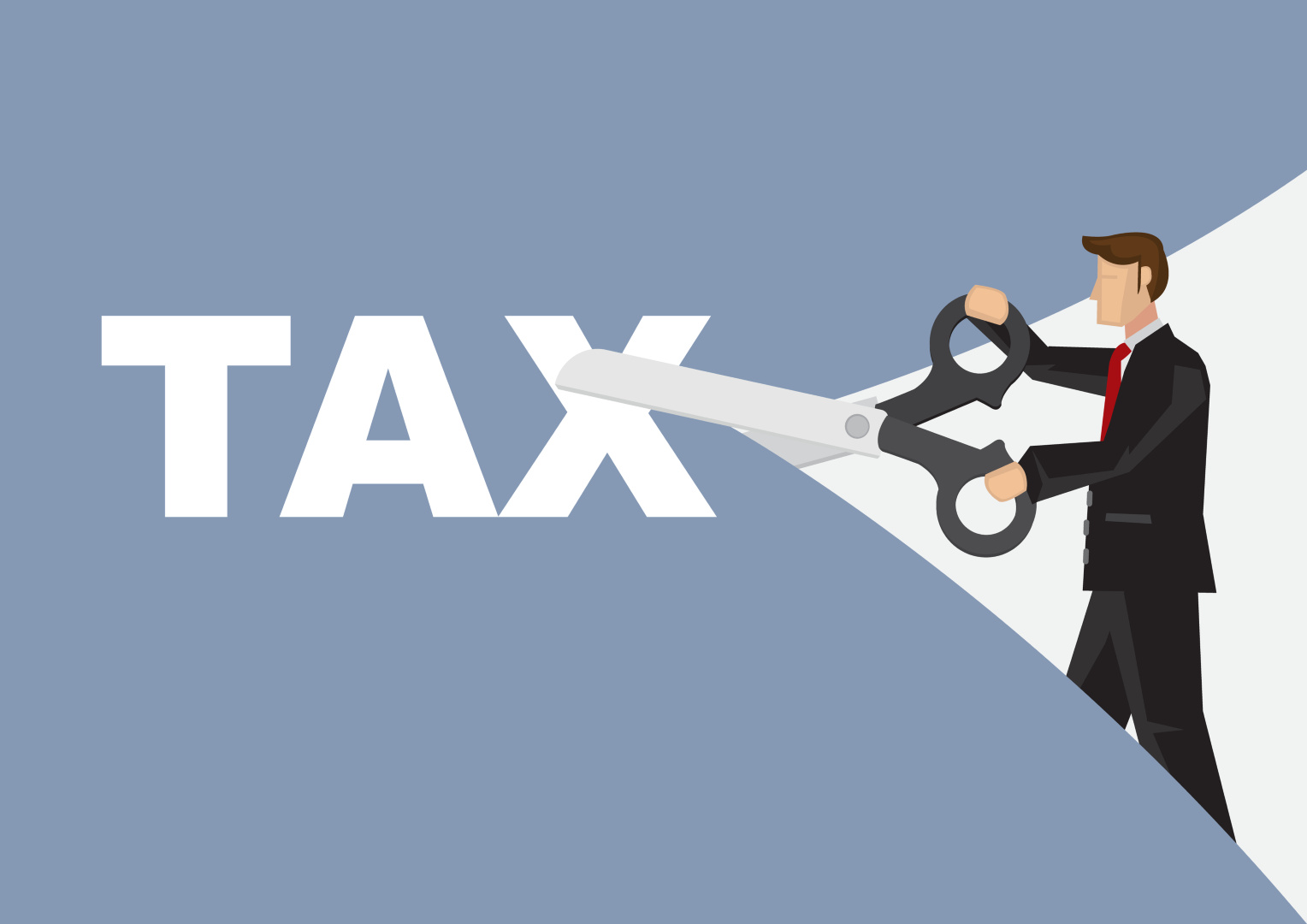
When it comes to taxes, we all want to reduce them as much as possible. However, no one wants to risk any problems with the IRS in the future. Fortunately, we’ve put together 3 killer tax reduction strategies that are safe to implement and will save you some bucks here and there. Keep on reading to find out what these strategies are!
1. Hire Your Kids to Work for Your LLC or Sole Proprietorship
If you own an LLC or Sole Proprietorship, it is in your interest to hire your kids to work there. The IRS gives tax deductions to business owners that hire family members. This is an exceedingly attractive government subsidy that you cannot skip on. Here’s why. If you operate a qualifying LLC or sole proprietorship, you will get a break on payroll taxes when employing certain family members. Typically, when you hire an employee, you must pay payroll taxes on their wages. This includes:
- FICA (Social Security and Medicare taxes)
- Unemployment taxes
While your employees pay a share of FICA taxes, they don’t pay unemployment taxes. When you hire a family member, the IRS gives you a tax break on these given payroll taxes. Details vary depending on your relationship with the employee:
Kids
With kids under the age of 21, you don’t have to pay unemployment taxes. With kids under 18, you don’t have to pay any payroll taxes (Medicare, social security, or unemployment taxes). Your children will not have to pay FICA or Medicare taxes on their wages either.
Parents & Spouses
For wages paid to parents or spouses, you do not have to pay unemployment taxes. However, FICA & Medicare taxes are required.
Example:
Ben operates a single-member LLC and hires his 12-year old son to work in his office during the summer and occasionally during the school year, paying him a total of $8,000 for his work.
Ben deducts the $8,000 of compensation as a business expense and pays nothing in payroll taxes. If he is in the 28% bracket, this will give him $3,212 of extra cash at the end of the year.
Ben’s son takes the standard deduction ($6,300) and pays the tax on the remaining income at 10%, for a total of $170. Thus the total tax savings between Ben and his son is $3,042 ($3,212 – $170).

2. Deduct 100% of Your Business Meal Under New Rules
There is a way to identify the business meals that qualify for 100% deductions rather than the typical 50% deduction. For 2021 and 2022, you can deduct 100% of your business meals by simply taking heed of a few easy rules.
Rule 1:
Your deductible business meals must be an ordinary and necessary business expense (tax code section 162) and cannot be subject to disallowance under tax code section 274.
Rule 2
Per IRS regulations, you cannot lavish or exaggerate business meals. Fortunately, you’re not likely to have this problem, regardless of how much you spend. Here’s why:
-
-
- In its publication on entertainment expenses, the IRS states the following: “meal expenses won’t be disallowed merely because they are more than a fixed dollar amount or because the meals take place at deluxe restaurants, hotels, and resorts.”
- The Bloomberg BNA Tax Management Portfolio on entertainment deductions mentions the following: “no reported case to date has ever held a disallowance of a taxpayer’s travel, entertainment, or meal expended on the grounds that they were ‘lavish and extravagant under the circumstance.’”
-
Rule 3
You have to be present at the business meal and provide a business meal to the person to whom you could reasonably expect to engage in business with. This could include:
-
-
- Customers
- Clients
- Suppliers
- Employees
- Agents
- Partners
- Professional advisors
-
For the year of 2021 and 2022, Congress is giving businesses large and small incentives to buy business meals from restaurants thanks to the 100% deductions. Just remember to ensure that the business meals you buy are from an IRS-approved location. This is basically defined as a business that prepares and sells food/beverages to customers for immediate consumption, regardless of where you consume the food or beverages.

3. Turn Your Vacation into a Tax-Deductible Business Travel
When you convert a vacation into a business trip, your transportation expenses become deductible. There is a way to combine business and personal trips so that you can be eligible for 100% deductions.
Types of Travel Expenses
When you travel for business matters, you can deduct two major types of expenses:
- Transportation Expenses – The cost of transportation is an all-or-nothing expense. If you spend most of your trip days on business, you can deduct 100% of your direct-route transportation. You have to ensure that you do things right because if the majority of your days are personal days, you will end up with zero deductions.
- Life Expenses – During travel, you can deduct the cost of life-sustaining elements, such as lodging and meals. However, you can deduct these expenses on business days only, not personal days.
The Real Test
When the court makes decisions on business purpose cases, they consider all the relevant “facts and circumstances.”
The five rules that you can use to justify a business purpose trip includes:
- Profit motive – You need to have a reason why the trip will help make money for your business. You don’t have to show immediate profit, but you must expect the trip to create profit in the long run. You should write these reasons down for your records.
- Stay overnight – Don’t forget the overture rule. You get deductions for business trips on which you stay overnight.
- Apply the “for only” test – While planning for your trip, ask yourself whether a rational business person would travel for solely the business reason – or if the personal element is so dominant that the trip wouldn’t make sense without it.
- Primary purpose test – When it comes to travel in the United States, you need to pass the primary purpose test. All you have to do is make sure that the majority of your days are business days.
- Keep good records – We cannot emphasize this enough: maintain good records! They can become your greatest allies when in court.
Whenever you’re planning a vacation, try mixing in some business! The tax deductions will be in your favor!
There are dozens of strategies you can utilize to reduce your taxes. Whether you operate your business as a proprietorship, partnership, S Corp, or C Corp, there are ways you can give yourself some relief. We hope these 3 killer tax reduction strategies helped you see how you can save a few bucks as a business owner. Before putting any of these strategies to use, we recommend consulting with a tax expert. At MFI Works, we know these topics can be complicated, so don’t hesitate to contact us if you have any questions. To schedule a free initial business strategy session, click here.


